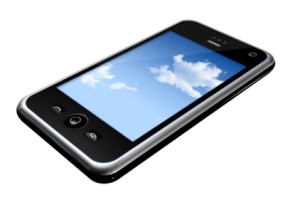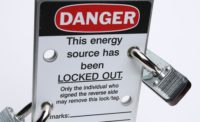 A new report out of Europe is raising fears that excessive use of smartphones and tablets could cause ergonomic and psychosocial problems – especially among people who use the devices as work tools.
A new report out of Europe is raising fears that excessive use of smartphones and tablets could cause ergonomic and psychosocial problems – especially among people who use the devices as work tools.
The report identifies the risk of:
- techno-stress: any negative impact on attitudes, thoughts, behaviours, or body physiology that is caused either directly or indirectly by technology
- techno-addiction: continuing compulsive use even when an activity is injurious, and
- techno-invasion: when the boundary between work and private life is eliminated
The author cites a 2011 survey done among 3,700 employees. One in eight of the participants aged 22 to 34 check their mobile phone more than ten times an hour during their free time ("downtime"), and one in three check their e-mails immediately after waking, even before dressing or breakfast, while 29% of the "mobile workers" who took part (all age categories) admit that using mobile technology has created strains in their personal - especially partner - relationships.
The report also highlights some counterintuitive findings with the work use of new communication technologies. Although meant to increase efficiency and productivity, if allowed to go uncontrolled they can actually disrupt work. This includes breaking off from work to answer incoming e-mails on a mobile or PC, which "leads to a break in concentration and impairs the quality of work."
Where physical health is concerned, the report singles out the risk of finger, wrist, neck and shoulder problems. "Blackberry Thumb" (a nod to the smartphone’s precursor) has become common shorthand. "The ergonomic conditions in which mobile workers work probably also fall short of the requirements of working environment laws," cautions the author.
The author’s recommendations include restricting e-mailing outside of office hours. He points to Volkswagen Germany’s recent decision to ban e-mailing to an employee’s mobile later than 30 minutes after they have finished work.
"It must not come to the point where employees are expected to be on-call round the clock for no extra pay," said FNV health and safety at work expert Wim Van Veelen.
The report : Popma J. (2012)
Techno-stress. Verkenning van een risico in opkomst (pdf - 855.79 Kb), Universiteit van Amsterdam- Hugo Sinzheimer Instituut.



